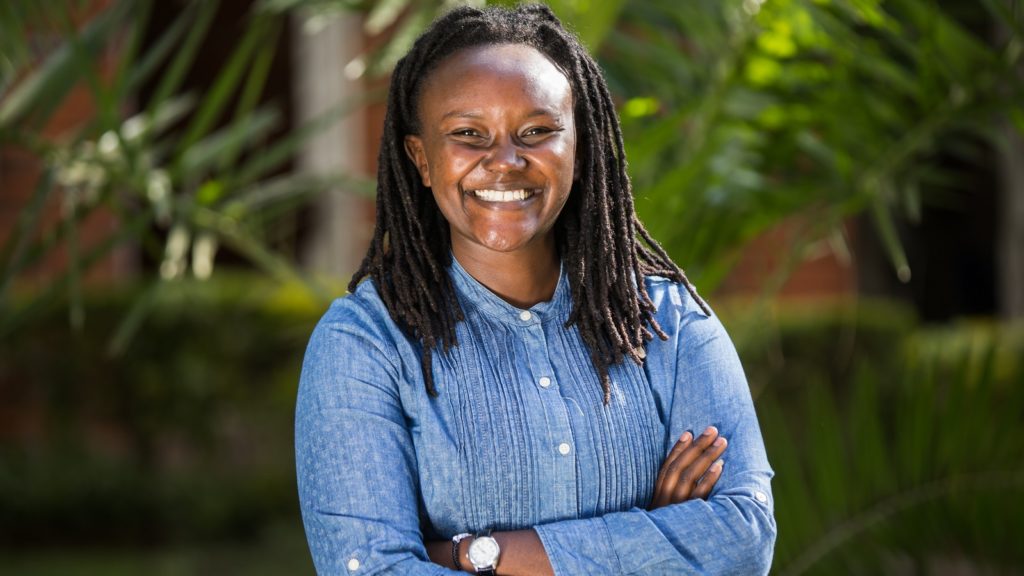We all have them. Those apps we open without thinking. Not because we need anything in particular, but because they feel… safe, in some…
Expat founders: So where are all the African entrepreneurs? [Opinion]

I get utterly distraught every time I open a new TechCrunch article of a startup with a Swahili name disrupting a certain sphere of Africa only to find a foreigner founder and director.
In a good case scenario, there will be one or two “local” founders on the list but that’s not as common. Do not get me wrong, I have nothing against “foreigner” founders.
I, however, have a very big problem with its normalisation as a catalyst for running a successful startup in Africa. I went to engineering school where we graduated in the hundreds from the different departments. Where did all the brilliant minds go?
At the same time, this begs to bring up a very important question. How easy would it be for an international venture capital (VC) fund to massively fund a fully African-run startup?
I get utterly distraught every time I open a new TechCrunch article of a startup with a Swahili name disrupting a certain sphere of Africa only to find an expat founder
I remember the first time I came across the phrase “African startups vs Startups in Africa” by a prominent tech guru in Kenya. It opened my eyes to what had been the reality for most African startup founders.
Most people found themselves in predicaments where they had to sign on foreigners so as to be taken seriously on the funding sphere. I choose to believe that this phenomenon initially started as a way to diversify and increase the skill pool in the company.
However, the current trend for every article I read or every new company making it to the big leagues is very evident. Most are startups located in Africa but not run by Africans.
What is the problem with that you may ask?
As an African, born and raised, I strongly believe in locals being the proponents of developmental change in their own communities.
Why? They understand their problems best, they understand the realities better, and they will design solutions that are in the best interest of their communities. Best of all, all the perks that follow will go directly back into the community. I however also understand that all this is in an ideal situation and society.
Reading Mark Karake’s piece on the Medium about “Chini ya Maji” startups was very introspective for me.
To reiterate, there are many startups with great ideas and potential that are working well but not exploring their full potential. They focus simply on production and selling but without taking strategy, scaling up and lean startup methods into consideration.
This eventually limits their growth. The fault, however, is not theirs but simply in the lack of locally and readily available information on how to get a business running the “proper” way especially in Kenya. Running the next big startup in Africa is currently the “best-kept” secret.
Does the everyday engineering student who has been building amazing innovations in their room in JKUAT Juja know how to turn said innovation into a company?
So, what can we do now?
I have watched many startups and inventions with great potential lose momentum in under a year since the founders have no idea how to go about the business aspect of it.
Exposure and information is everything and not just product development as is a problem for many. Mentors in the tech industry tend to be harder to reach and everything culminates into a pitching competition to join this or that accelerator.
More and more institutions that just mentor and expose startups need to come up. Institutions that act as a business 101 class for young entrepreneurs at no cost.
A company’s potential lies in its founder’s exposure. As a founder, read wide, talk to other people in your industry and learn, learn, learn.
Remember, it is not about the product but about the problem and the addressable market. Books such as “Zero to One — Notes on Startups by Peter Thiel” are a great for any startup.
Pass it along. As a founder or successful African techpreneur who has understood the process, set time apart to become a mentor. Teach others what you learned, and speak at different engagements, accept invitations to exhibitions for new technology in universities.
The experience of running an African startup is unique and having first-hand information will be more than just beneficial for young start-ups.
After all, it may be business but every new solution put into the market by an Africa techpreneur gets us a step closer to the self-reliant Africa we all dream of.
Annstella Mumbi is a tech entrepreneur from Kenya and the co-f0under of Nuovo Technologies Limited. See more on her blog annstellamumbi.com.


